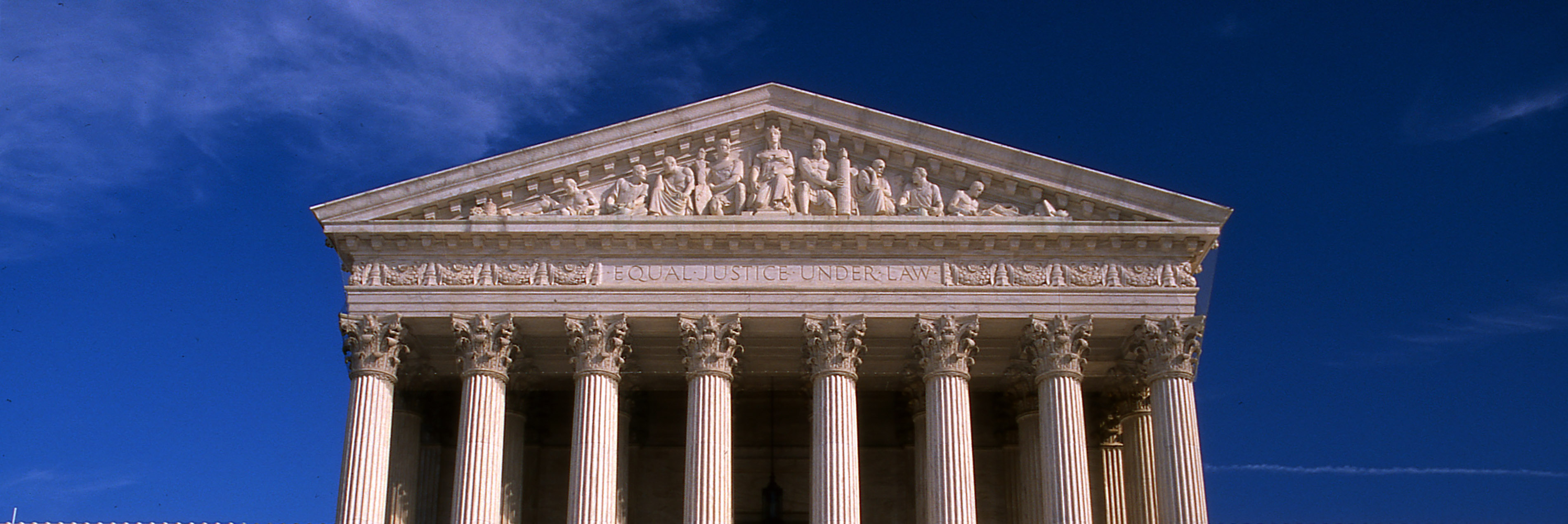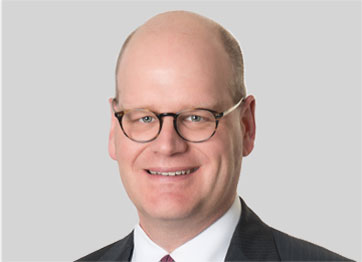This week the Supreme Court ruled that public employees do not have to pay fees to cover the costs of the unions that collectively bargain on their behalf. In the 5-4 decision handed down by the court, the majority wrote that, “The State’s extraction of agency fees from nonconsenting public sector employees violates the First Amendment…Forcing free and independent individuals to endorse ideas they find objectionable raises serious First Amendment concerns.”
Of course, it was already illegal for unions to take money out of employees’ paychecks for political activities. Now it will also be illegal for unions to take agency fees for collective bargaining out of employees’ pay.
Implicit in this decision is the assumption that collective bargaining is a political activity, but this is not, and has never been, the case. After all, is asking to be compensated fairly a political act? Is requesting decent benefits a political thing to do? Is demanding a safe place to work playing politics? Across the board, the answer to these questions is NO. These are basic workers’ rights, the absence of which is inhumane.
Collective bargaining for basic workplace protections has always been the central purpose of unions. And the practice of withdrawing a fraction of employees’ pay so that public-sector unions could protect the compensation, benefits and working conditions of all public employees—both union members and non-members—was a four-decades-long established practice that, time and time again, was found to be constitutional.
Those who say docking union fees from their paycheck amounted to a violation of their free speech are forgetting that, if it were not for collective bargaining, they would have virtually no free speech at work in the first place. When the Labor Movement began in the 19th century, workers had no voice and no choice but to toil in extremely hazardous conditions. Their pay was meager, their hours were endless and their benefits were nonexistent.
Workers were fed up with being exploited, and the Labor Movement is what gave them a voice. Now the First Amendment is being weaponized to defeat the very thing for which labor unions were created: the right to be heard.
But workers and unions have never been more fired up. The opponents of organized labor may think they are dealing a deathblow to public-sector unions, but workers know when they’re being taken advantage of and they know what to do when that happens. Earlier this year, public school teachers walked off the job in Arizona, Colorado, Oklahoma, Kentucky and West Virginia. While a very important funding source may have been stymied, workers will always join together to be heard and labor leaders will always be there to help organize them. In the face of adversity, workers have always prevailed, and nothing can stop workers when they stand together in solidarity.

 Mobile Image
Mobile Image
 Mobile Image
Mobile Image
 Mobile Image
Mobile Image

